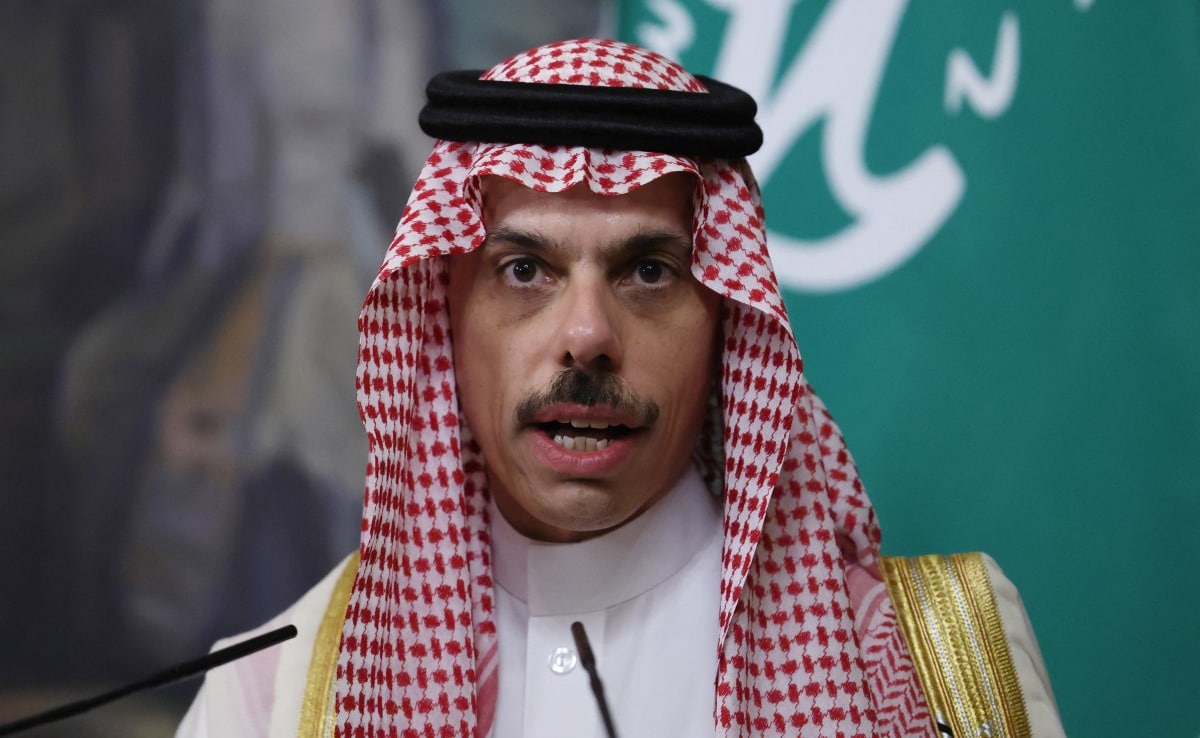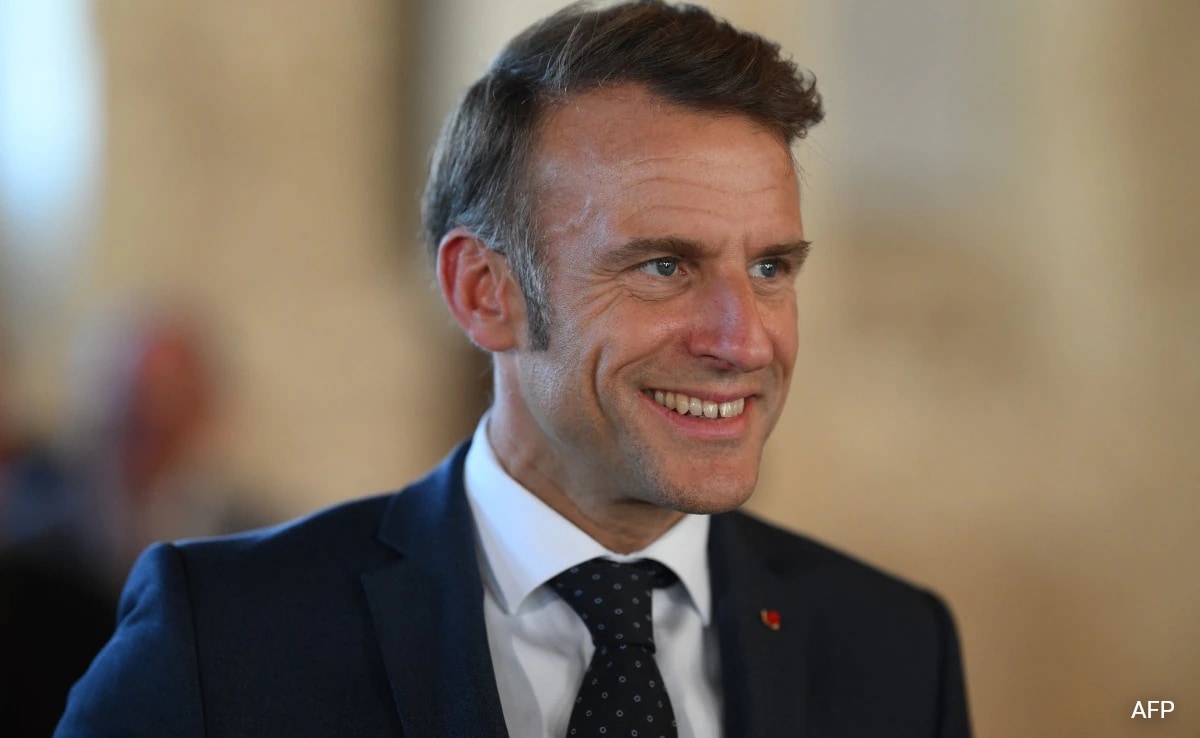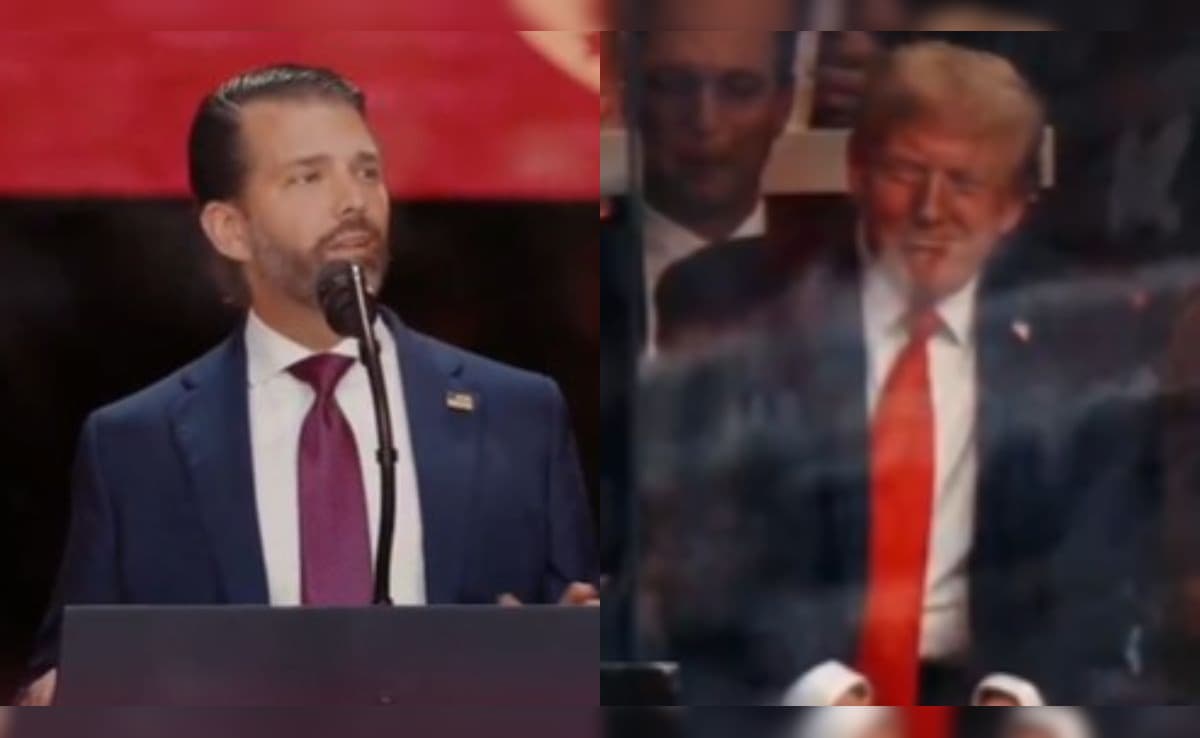The Russian defeat came on the same day the General Assembly started consideration of a resolution drafted by Ukraine and two dozen other countries from all parts of the world and co-sponsored by nearly 100 nations which clearly states that Russiaâs aggression is responsible for the growing humanitarian emergency. The assembly was also poised to consider a rival South African resolution that doesnât mention Russia and is similar to Moscowâs defeated council resolution.
Russiaâs U.N. ambassador, Vassily Nebenzia, told the council before the vote that its resolution âis not politicized,â just like other Security Council humanitarian resolutions, and he categorically rejected a U.S. claim that his country had no right to submit such a resolution. He said the Russian draft would be âan important practical step and an important framework for humanitarian workersâ efforts.â
U.S. Ambassador Linda Thomas-Greenfield countered that Russia was âattempting to use this council to provide cover for its brutal actions.â
âIt really is unconscionable that Russia would have the audacity to put forward a resolution asking the international community to solve a humanitarian crisis that Russia alone created,â she said. âRussia does not care about the deteriorating humanitarian conditions. ... If they cared, they would stop fighting. Russia is the aggressor, the attacker, the invader, the sole party in Ukraine engaged in a campaign of brutality against the people of Ukraine, and they want us to pass a resolution that does not acknowledge their culpability.â
Russia introduced its resolution on March 15. A day earlier, France and Mexico decided to move their proposed humanitarian resolution blaming the Russian invasion for the humanitarian crisis out of the Security Council, where it faced a Russian veto. The are no vetoes in the 193-member General Assembly.
Earlier Wednesday, Russiaâs Nebenzia, told the assembly that by considering the Ukraine-backed French-Mexican resolution, it was engaging in âanother political anti-Russian show, set this time in an allegedly humanitarian context.â
Ukrainian Ambassador Sergiy Kyslytsy urged all nations that stand against Russiaâs war on his country to vote for a U.N. resolution on the humanitarian consequences of its aggression, saying this would send a powerful message aimed at helping people caught in the conflict and ending Moscowâs military action.
Nebenzia countered that the emergency special session of the U.N. General Assembly, which is considering the resolution, is just âanother political anti-Russian show, set this time in an allegedly humanitarian context.â He urged assembly members to vote against the Ukrainian-backed measure and support the South African draft that focuses solely on humanitarian issues with no âpolitical assessment.â
The Ukrainian and Russian ambassadors were among the first of about 70 national representatives scheduled to speak before the assembly votes on the rival resolutions on the humanitarian impact of the war. That vote will take place Thursday.
Kyslytsya said the Ukraine-backed assembly resolution focuses on the need to alleviate suffering and for âimmediate cessation of hostilities by the Russian Federation.â
âThe intention of the initiators and cosponsors of the draft resolution is to ensure the words are translated into prompt actions on the ground,â he said. âIt will be critical to prevent the spillover effect for the entire world,â which is why the text mentions the conflictâs impact on food and energy security, especially for least-developed countries.
Nebenzia warned that adoption of that draft âwill make a resolution to the situation in Ukraine more difficult.â Thatâs because it will likely embolden Ukrainian negotiators and ânudge them to maintaining the current unrealistic position, which is not related to the situation on the ground, nor to the need to tackle the root causesâ of Russiaâs military action, he said.
Unlike Security Council resolutions, General Assembly resolutions are not legally binding, but they do have clout in reflecting international opinion.
The Ukraine-backed draft reiterates the demand of a March 2 resolution adopted by the assembly that Russia immediately stop its military offensive in Ukraine and withdraw all its troops, and it demands protection for all civilians and infrastructure indispensable to their survival.
The draft deplores the âdire humanitarian consequencesâ of Russiaâs aggression against Ukraine which it says âare on a scale that the international community has not seen in Europe in decades.â And it deplores Russiaâs shelling, airstrikes and âbesiegementâ of densely populated cities, particularly the southern city of Mariupol, and demands unhindered access for humanitarian aid.
The South African draft calls for âan immediate cessation of hostilitiesâ as a first step in ameliorating the deteriorating humanitarian situation and encourages âpolitical dialogue, negotiations, mediation and other peaceful means aimed at achieving lasting peace.â It makes no mention of Russiaâs aggression.
Russiaâs defeated resolution called for protection for civilians âin vulnerable situationsâ in Ukraine and safe passage for humanitarian aid and people seeking to leave the country, but it never mentioned the war.
It endorsed the U.N. chiefâs call for dialogue and negotiations and urged a negotiated cease-fire to rapidly evacuate âall civilians.â It also stressed âthe need for the parties concerned to agree on humanitarian pauses to this end,â while never identifying âthe parties concerned.â
Russian authorities maintain they did not start the war and have repeatedly and falsely decried reports of Russian military setbacks or civilian deaths in Ukraine as fake news. State media outlets and government officials insist Russian troops target only military facilities.
.png)











 English (United States) ·
English (United States) ·  Turkish (Turkey) ·
Turkish (Turkey) ·